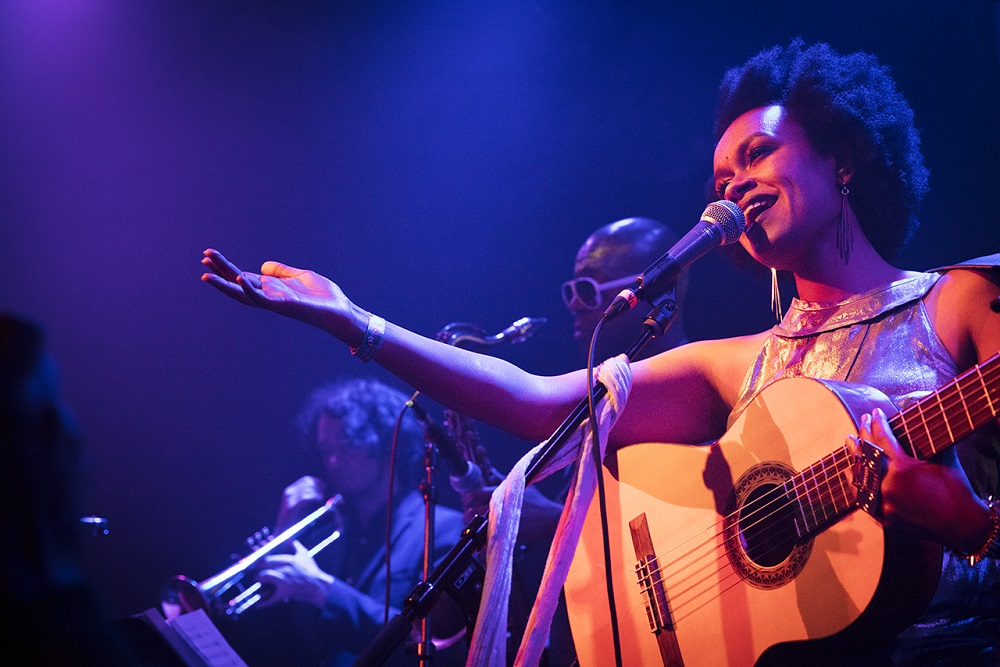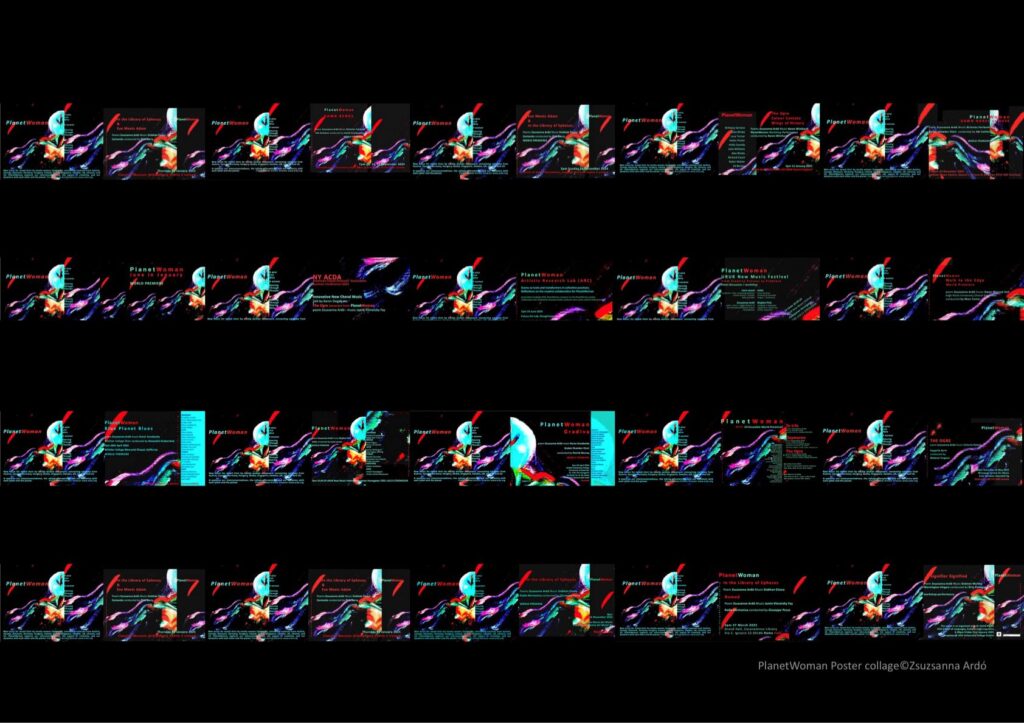

PlanetWoman: Choral Connections Across Time and Space
A conversation with Zsuzsanna Ardó and her creative collaborators about the progress of PlanetWoman, the international choral project connecting composers and choirs across the globe.
Music, Voice, Message
People who identify as women
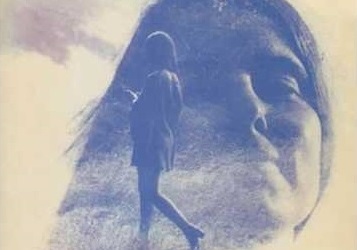
WSF is an online forum devoted to women’s voices in song, to the many songs by women, and to the many female musicians working in and with song, who have yet to be given the attention they deserve. The Women’s Song Forum provides an opportunity to expand and enhance knowledge and understanding of this rich and significant area of musical practice and scholarship, and – as the name “forum” suggests – aims to encourage discussion and debate across different interest groups. The forum aims to highlight compositions and performances of music that deserve more recognition.
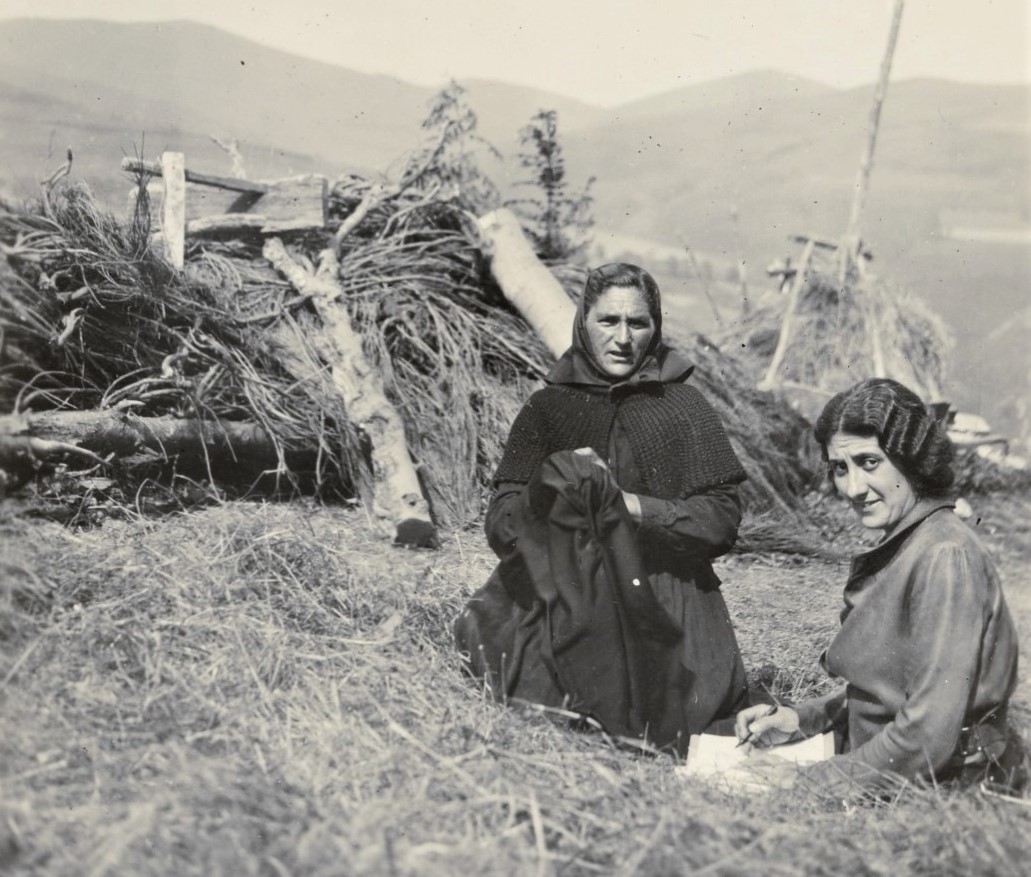
At the heart of the forum is our commitment to diverse approaches and subjects and access by a wide-ranging audience. We normally publish 2-3 posts each month by members of our team and guest bloggers.
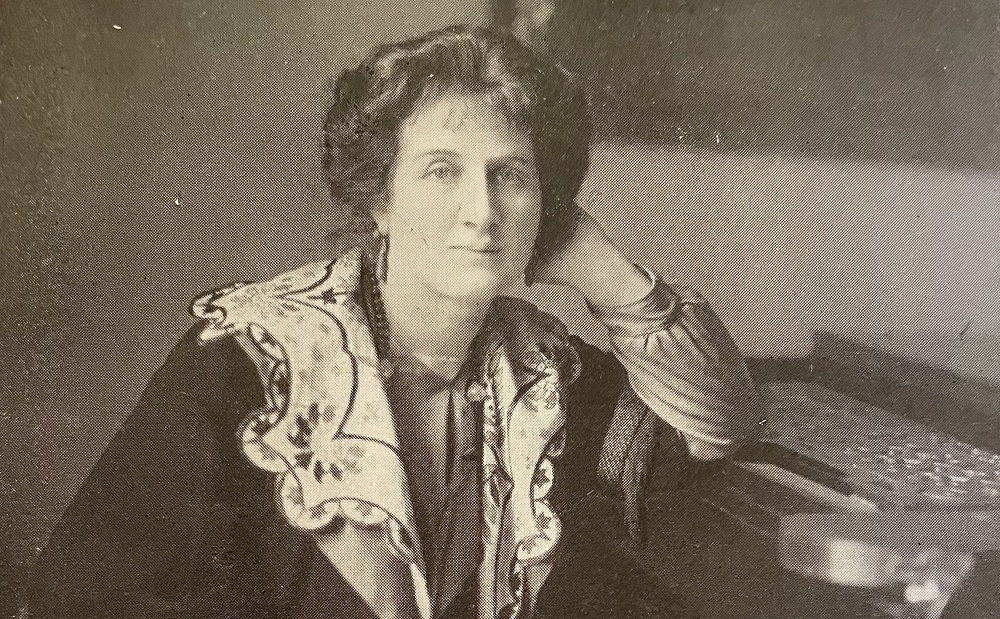
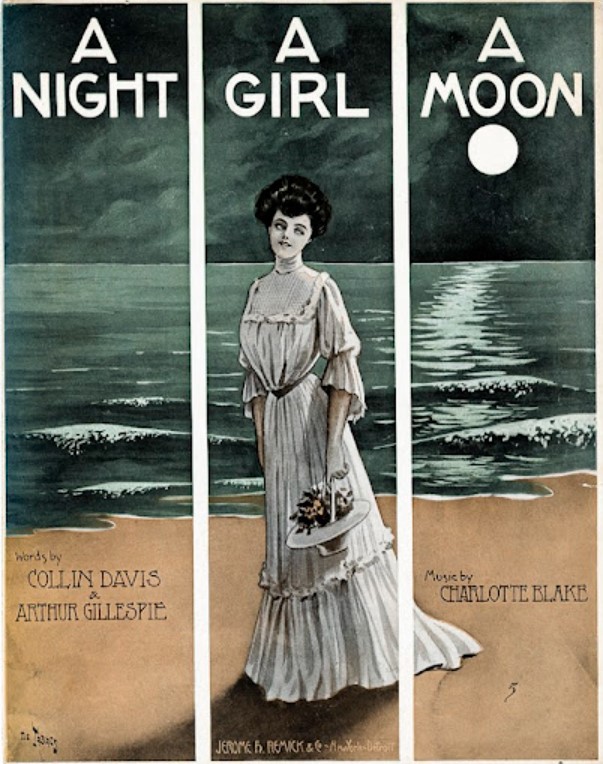



A conversation with Zsuzsanna Ardó and her creative collaborators about the progress of PlanetWoman, the international choral project connecting composers and choirs across the globe.
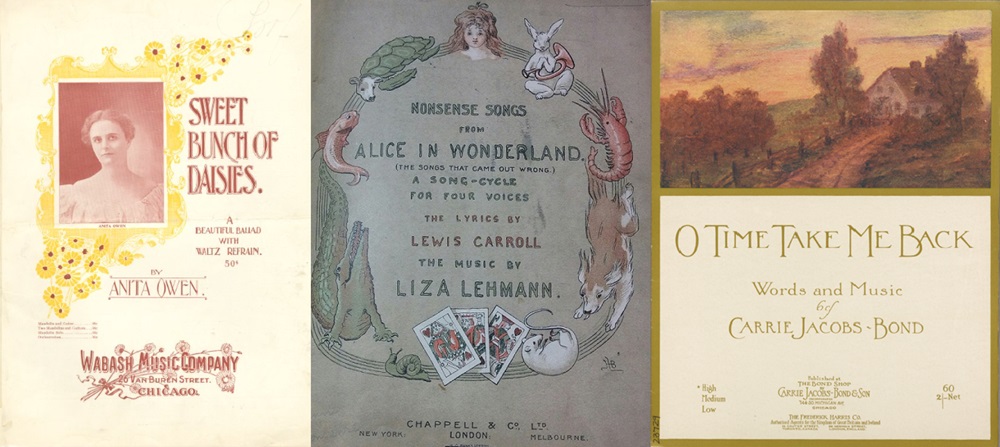

By far the largest online source of music for performers is IMSLP.org, with nearly 800,000 scanned scores. 14 stellar performances demonstrate the range of their holdings.
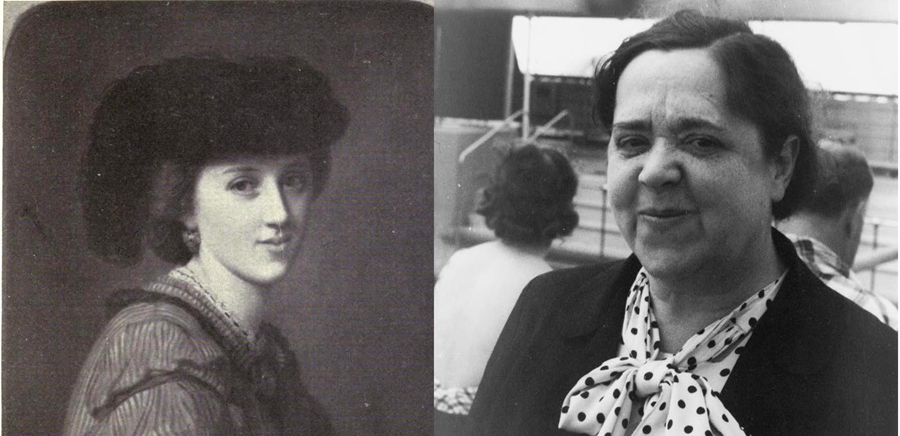

In the years before and after 1900, many women composers obscured their gender by replacing their names with their initials. Here is a look at six of them.
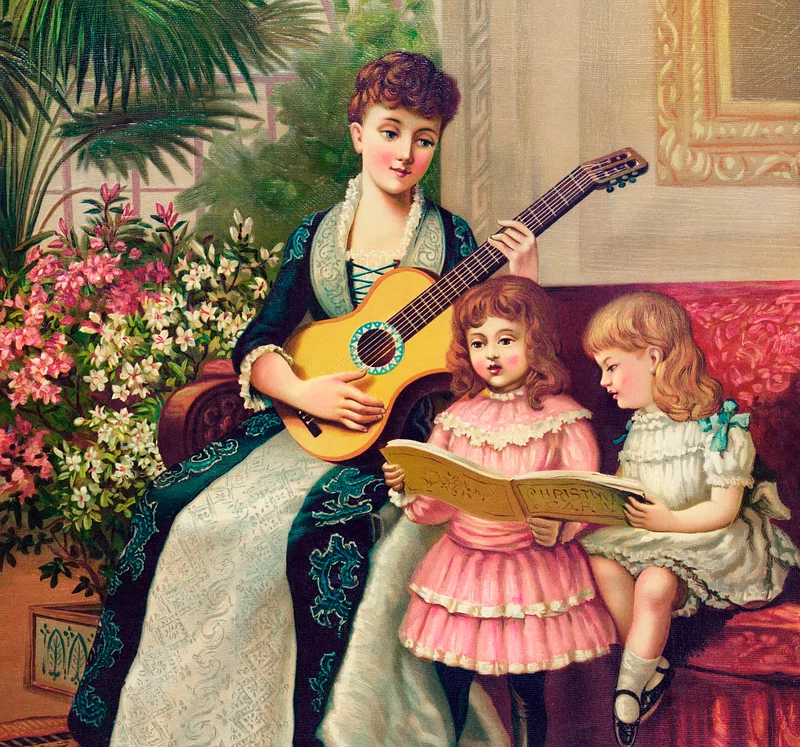

Creating music for Christmas creates particular challenges for composers – male or female. Here are twelve works by eleven women from five different countries.
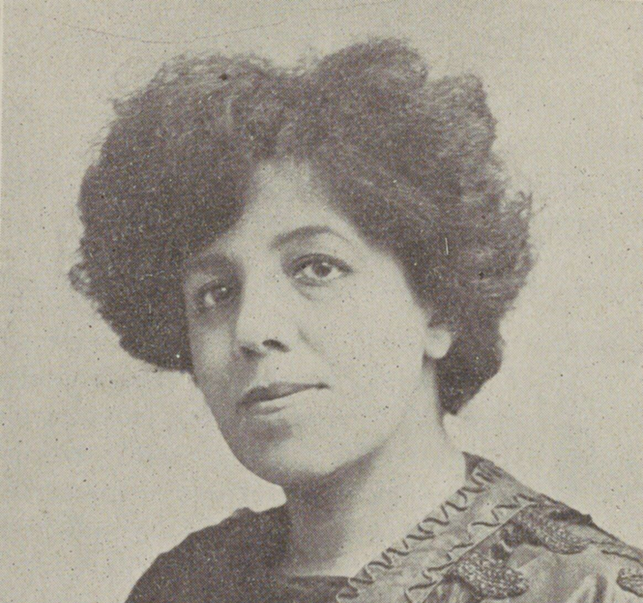

A recent recording of two unpublished songs by Amanda Ira Aldridge spur this essay on two songs Aldridge wrote with Marian Anderson’s voice in mind.
From accounts of individual women or performances to historical essays, from interviews with songwriters and performers to discussions of gender, race and culture in and through song.


Tracy Chapman


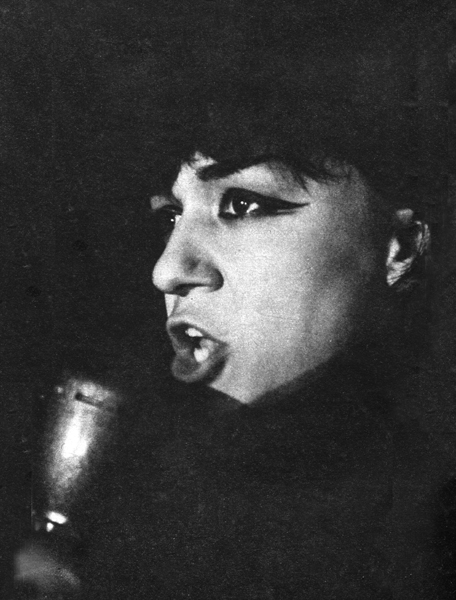

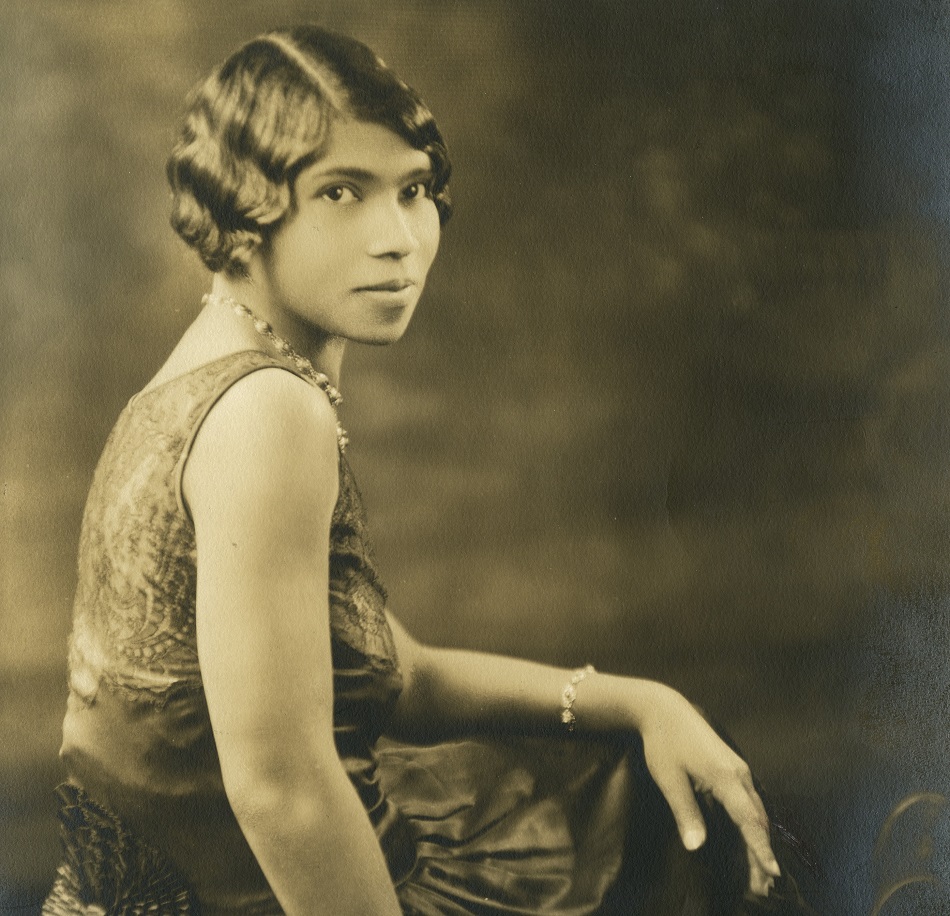

Although banned for much of her career from major opera houses, Marian Anderson had an intriguing and lifelong devotion to Donizetti’s aria “O mio Fernando.”
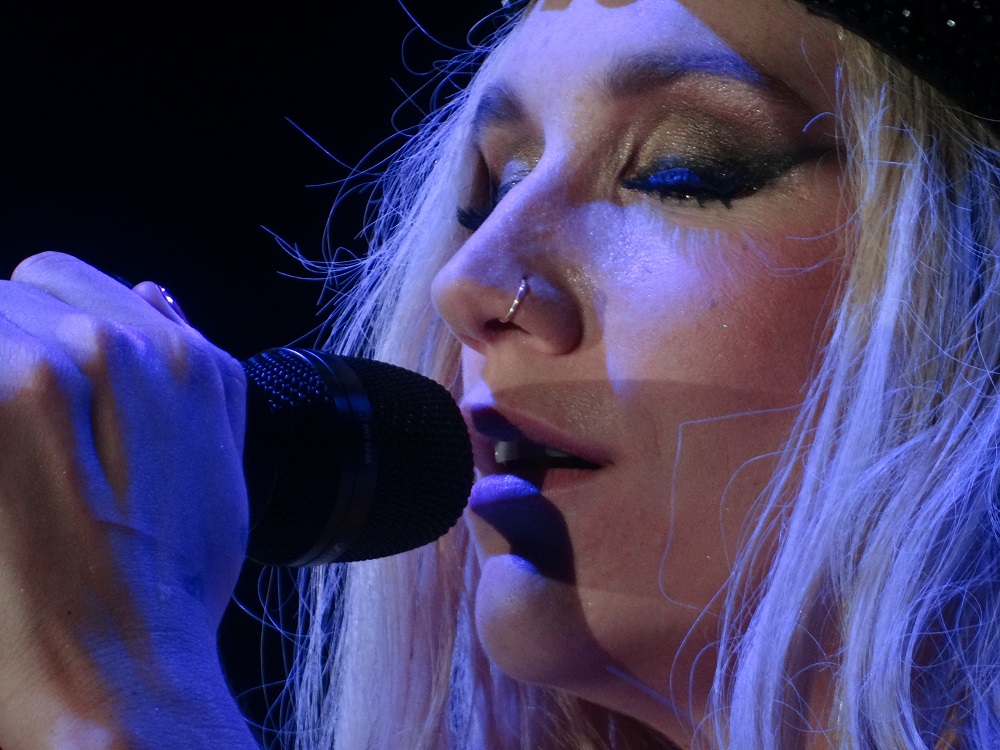

“Praying,” Kesha’s first ballad, was written about her recovery from traumatic abuse by her former producer, Dr. Luke. Her voice depicts this journey.
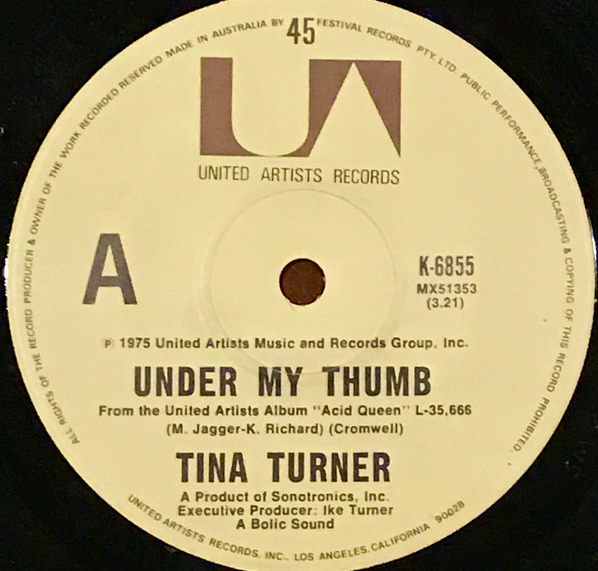

Women’s covers of Rolling Stones’ songs demonstrate the practice of singers covering a previous cover rather than the original version of a song.
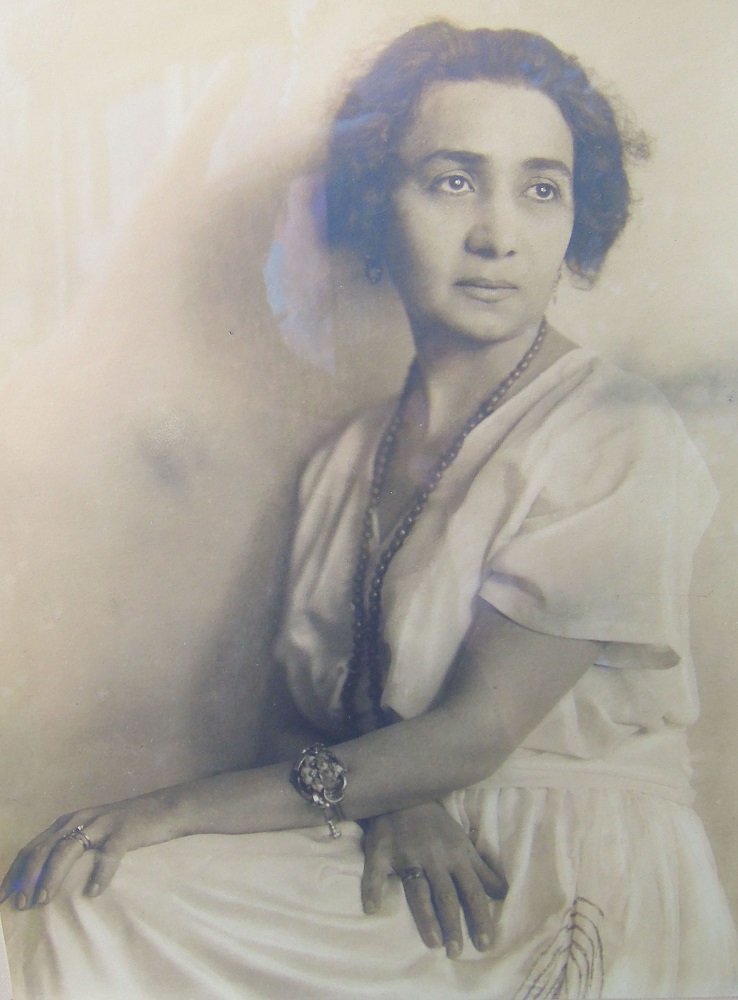

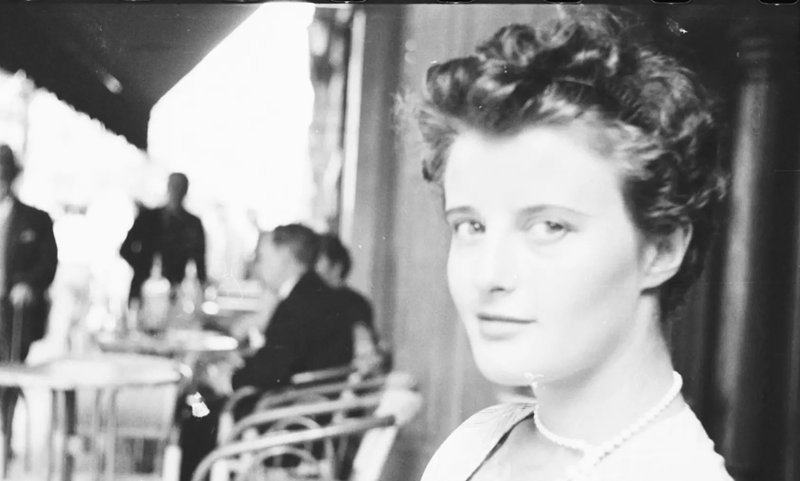

Ascensión Mazuela-Anguita finds that Lomax’s 1952-53 recordings help us to understand the political situation under Franco, life in impoverished Spain, and the moral constrictions faced by women.
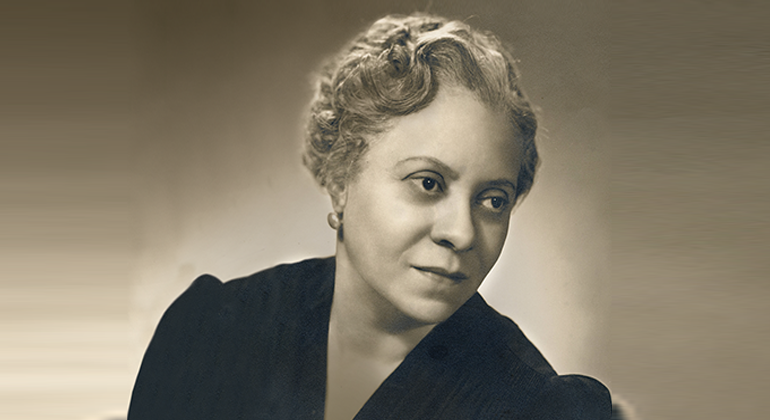

John Michael Cooper interprets Florence Price’s songs, “To My Little Son” and “Brown Arms (To Mother),” as responses to the painful losses of her son and her mother.
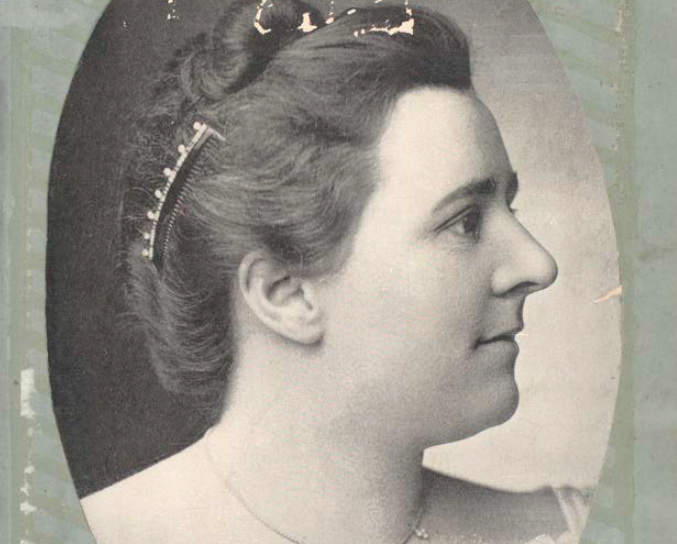

In her second post, Heather Platt tracks Villa Whitney White’s lecture-recitals of German lieder from 1895–98. Unusually, White sang complete song-cycles and songs written for men.


Heather Platt discusses an unusual lecture-recital held in Denver in 1898 that brought together songs of Native Americans, Blacks, Creoles and whites. Women’s clubs and Villa Whitney White made it happen.
One of our aims is to recover and honor voices that have been overlooked or forgotten.
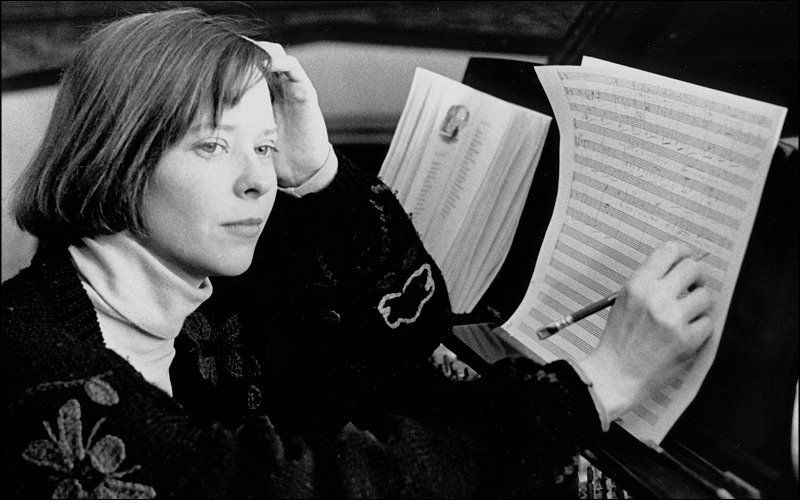

Sara Teasdale
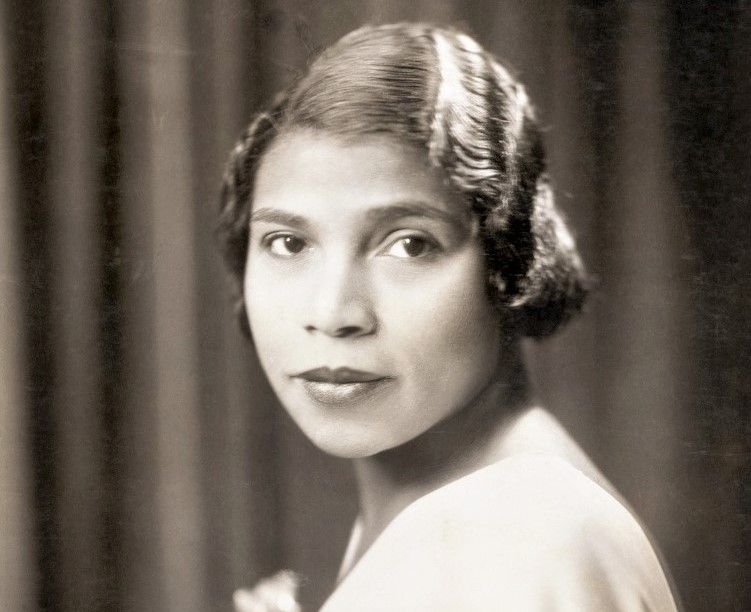

Announcing “Beyond the Music: Marian Anderson—Her Complete RCA Victor Recordings”
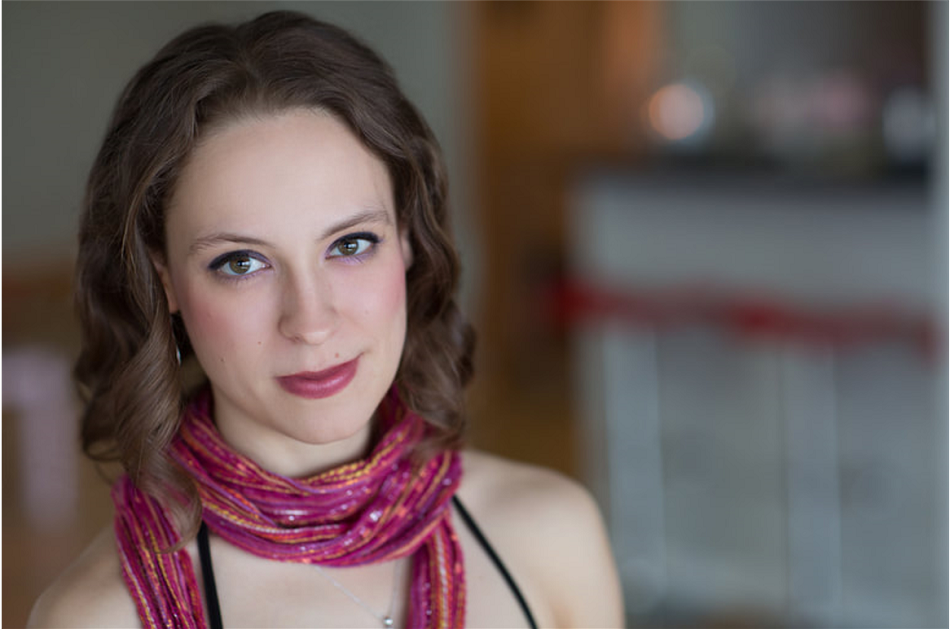

The upcoming premiere by Red Vespa of Lisa Neher’s composition, Upon a Broken World, acknowledges what we have endured these past few years.
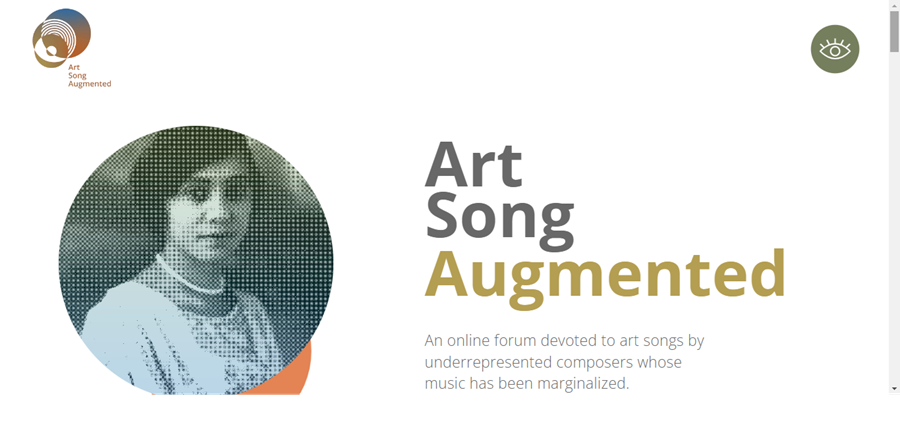

Two-and-a-half years ago I launched a website devoted to marginalized song composers. In this post, I reflect on where it all began.
